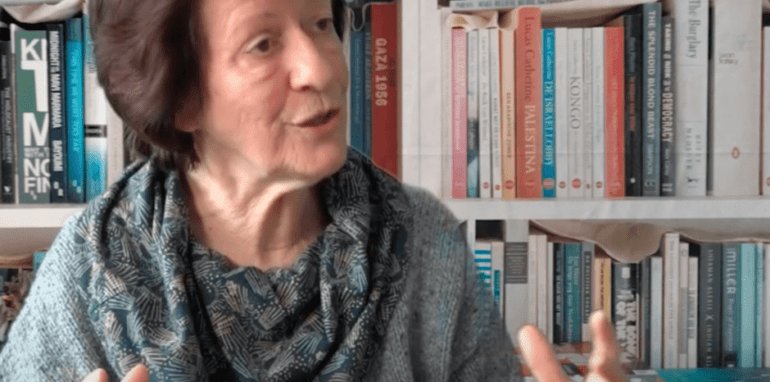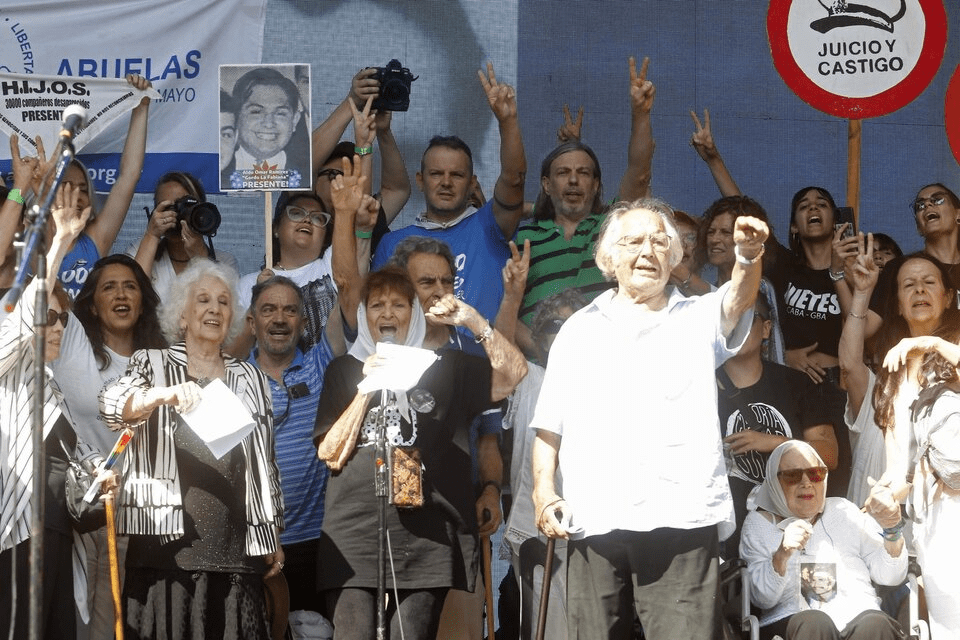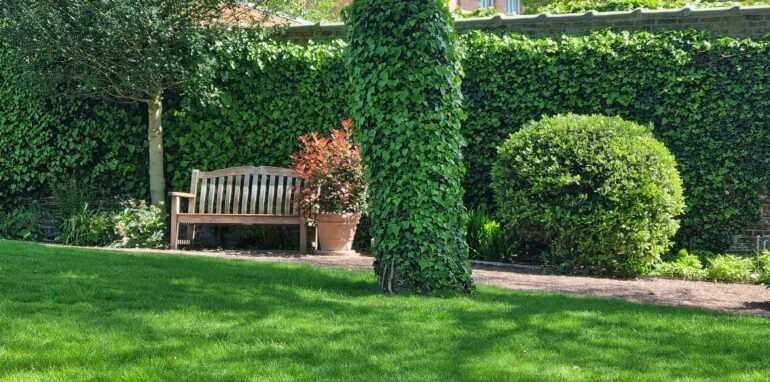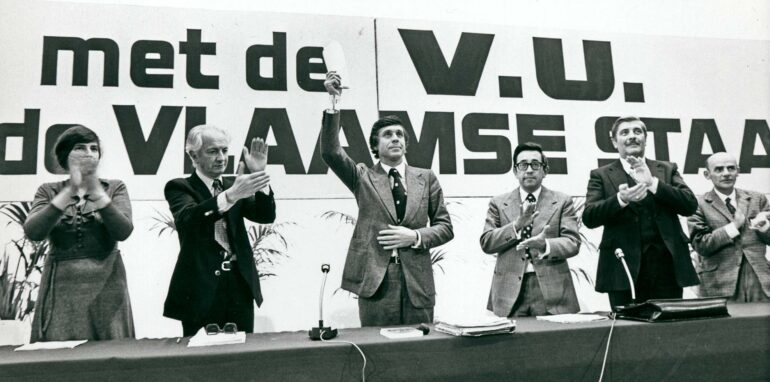Om de huidige toestanden in het Midden Oosten te begrijpen, is het zinvol het oor te luisteren te leggen bij een van de grootste kenners terzake, tevens een van de grootste geesten van vorige eeuw, T. E. Lawrence. Dat is wat we hier doen, door enkele paragrafen weer te geven uit zijn bijzondere autobiografische verslag van de vrijheidsoorlog die hij leidde tegen de Ottomaanse Turken in het Arabische schiereiland tijdens WO I, 1916-1917. Hij slaagde erin tientallen Arabische stammen in de Hejaz samen te laten werken. De man heeft toen overigens helemaal zelfstandig de grondslagen bedacht en in de praktijk gebracht van wat later zou bekend worden als “de guerilla” manier van oorlog voeren. Hij zou onder meer Che Guevara en Mao Zedong tot inspiratiebron dienen. (Tekst in het rijke Engels van Lawrence, 400 woorden)
The remarkable fare sightedness of Lawrence of Arabia
On Syria
“The verbal poverty of their Rome-borrowed name [Syria] indicated a political disintegration. Between town and village, village and village, family and family, creed and creed, existed intimate jealousies sedulously fostered by the Turks.
Time seemed to have proclaimed the impossibility of autonomous union for such a land.
In history, Syria had been a corridor between sea and desert, joining Africa to Asia, Arabia to Europe. It had been a vasal of Anatolia, of Greece, of Rome, of Egypt, of Arabia, of Persia, of Mesopotamia.
When given a momentary independence by the weakness of neighbours it had fiercely resolved into discordant northern, southern, eastern and western ‘kingdoms’ with the area at best of Yorkshire, at worst of Rutland; for if Syria was by nature a vassal country it was also by habit a country of tireless agitation and incessant revolt.
“All these peoples of Syria were open to us by the master-key of their common Arabic language. Their distinctions were political and religious. (..) They were quick-minded; admirers, but not seekers of truth; self-satisfied; (..) unpractical; and so lazy in mind as to be habitually superficial. Their ideal was ease in which to busy themselves with others’ affairs”.
From childhood they were lawless, obeying their fathers only from physical fear; and their government later for much the same reason; yet few races had the respect of the upland Syrian for customary law. (…)
Politics: a science fatally easy for the Syrians to smatter, but too difficult for him to master. They were discontented always with what government they had; such being their intellectual pride; but few of them honestly thought out a working alternative, and fewer still agreed upon one. (..)
Extract From: T. E. Lawrence, “Seven Pillars of Wisdom. A triumph”, p. 262-263.
First edition, leather hand bound by the author: 1926.
Edition in my possesion: 1976, Jonathan Cape, London.


 “Franse kernenergie? Ongelooflijk dat hun leugencam...
“Franse kernenergie? Ongelooflijk dat hun leugencam... 











